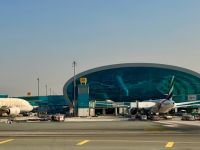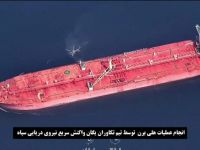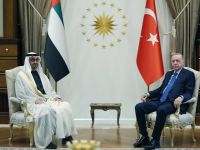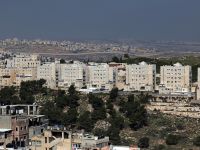UAE smelters represented at inaugural Aluminium Summit
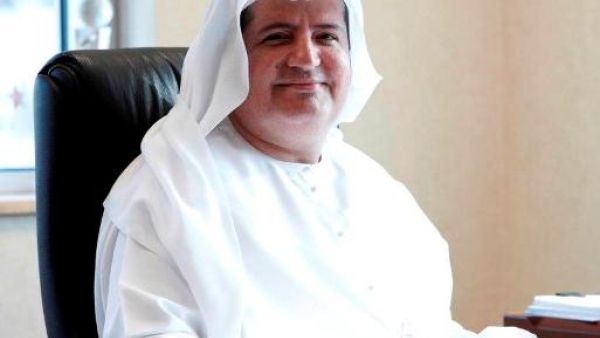
From 6 to 8 June this year, senior industry representatives gathered in New York, USA, for The Aluminium Summit — a new forum for high-level leadership and market participants to share and debate ideas and vision for advancement of the aluminium industry and its supply chain hosted by leading metals publication, American Metal Market. The line-up of authoritative speakers at the inaugural event included Walid Al Attar (Executive Vice President Marketing & Sales: DUBAL and EMAL), who delivered a presentation entitled “Market challenges facing smelters in the Middle East” as a participant in the Primary and Upstream panel discussions on Tuesday 7 June.
“The invitation to speak at The Aluminium Summit was a singular honour,” says Al Attar. “It reflected the growing importance that the Middle East is playing in the global aluminium industry; and the increasing interest in the region among aluminium players across the industry spectrum. It also provided a prime opportunity to raise awareness further regarding Dubai Aluminium Company Limited (“DUBAL”) — which owns and operates one of the largest single-site primary aluminium smelters in the world, with a production capacity of more than 1,000,000 metric tonnes per year; and Emirates Aluminium Company Limited (“EMAL”) — the green-field smelter development in which DUBAL and Mubadala Investment Company each hold a 50 per cent stake and where Phase I, with a production capacity of approximately 750,000 metric tonnes per year, became fully operational at the end of 2010.”
In his presentation, Al Attar provided insights into the primary aluminium industry in the Middle East as a whole, and the important role played by the region in the global aluminium supply chain as well as the local and regional economies. Citing well-publicized statistics, he pointed out that only 606,000 metric tonnes of the 3.6 million metric tonnes produced by the five existing smelters in the Gulf Cooperation Council (“GCC”) region during 2010 was consumed locally (i.e. just 16.7 per cent). The balance is exported globally, using well-established and strong routes to market. Moreover, the production capacity of the GCC is likely to increase to close on 5.0 million metric tonnes per year by 2015, resulting in a larger offering of aluminium to world markets. “When you consider that the GCC smelters use state-of-the-art reduction technologies and that their environmental standards equal or better the world’s best, it stands to reason that the Middle East will be a preferred source for aluminium,” says Al Attar. “Marketing the additional volumes coming on-stream is therefore more of an opportunity than a challenge.”
He went on to pinpoint the negative influence of the prevailing market tariffs on global export flows of metal as being the greatest challenge to the Middle East aluminium industry. “The tariffs in Europe, in particular, are restricting the market and distorting optimum flows,” Al Attar explains. “The same tariffs are placing a cost-burden on consumers on Europe, making this region the least competitive of all the major markets in terms of price. For the Middle East, which has a production surplus and thus substantial export capacity, the tariffs pose a barrier to maximized, mutually beneficial trade. This is unfortunate as the Middle East is perfectly located to serve Europe. Indeed, DUBAL and EMAL have an existing, well-established logistics infrastructure that allows us to ship our metal into all the major markets across the world — which again translates into growth in marketing opportunities.”
In this regard, Al Attar commented that the advent of Khalifa Industrial Zone Abu Dhabi (“KIZAD”) — currently under construction on a 417 square-kilometre site adjacent to Khalifa Port at Taweelah — holds enormous promise for the GCC region. “KIZAD will play a key role in realizing the Abu Dhabi’s Vision 2030 for economic diversification, in support of which DUBAL and EMAL are pro-actively promoting a long-term sustainable downstream aluminium consuming industry in the UAE. Not only is KIZAD targeting industries that support the country’s vision, but it is also ideally located in terms of access to sea- and airports in the UAE while providing ready access to 2.84 billion consumers in four of the global time zones; and offers a low operating cost environments plus ease of doing business,” he said. “Through KIZAD, the Middle East aluminium industry will move into the next phase of the maturity curve, with inherently greater marketing opportunities.”


